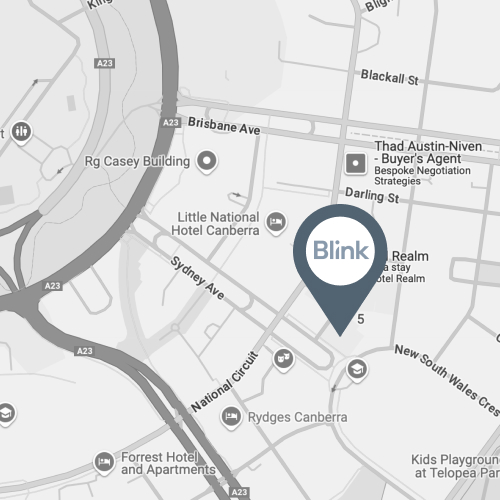With ICL surgery, you could experience clearer vision without glasses or contacts
Learn how this lens-based treatment works, who it may be suitable for, and what to expect from the recovery process
3 simple steps to a life without glasses & contacts
Laser eye surgery doesn’t have to be complicated. Here’s how we make the journey smooth and stress-free


Step 1: Get in touch
Not everyone is a candidate for laser eye treatment. The first step is to get a clear answer on whether laser eye surgery can help you or not. Take our quick online test or contact us to find out if you qualify.


Step 2: We’ll meet
At your assessment, our experienced team will examine your eyes and discuss the vision correction options that may be appropriate for you. We’ll provide clear information to help you make an informed decision.


Step 3: Elevate your life
After your procedure, you’ll wonder why you didn’t do this sooner! Many patients report improved vision and reduced dependence on glasses or contact lenses, allowing them the freedom to live life to the fullest.6https://pubmed.ncbi.nlm.nih.gov/19344821/
Affiliations and memberships
We are proud to be a part of these professional bodies

Hi, I’m Dr. Richard Barry
I am an ophthalmologist and the principal surgeon at Blink Vision Clinic in Canberra. As a Fellow of the Royal Australian and New Zealand College of Ophthalmologists, I have advanced training in vision correction.
I trained at Sydney Eye Hospital and completed international fellowship training in macula and retina disease. My focus is on providing evidence-based treatments using the latest technology to achieve the best possible outcomes for my patients.
I believe in clear communication and patient education, ensuring you fully understand your options and treatment plan. At Blink Vision Clinic, my goal is to provide a thorough and professional approach to eye care, so you feel confident in your vision correction journey.
Dr. Richard Barry







